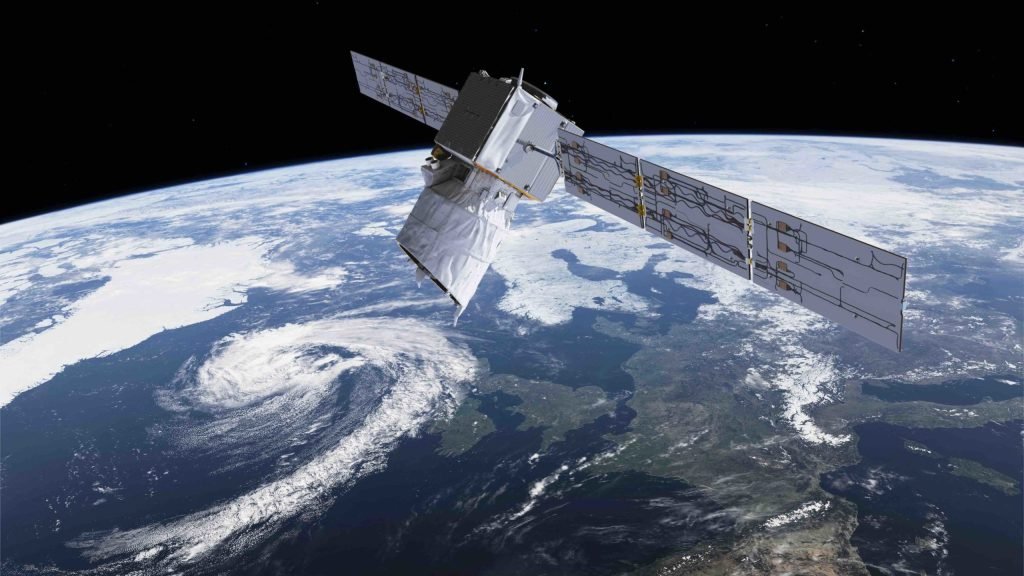Over 100 astronomers have signed an open letter urging the U.S. Federal Communications Commission (FCC) to halt mega-constellation launches, like SpaceX’s Starlink.
They demand comprehensive assessments of the environmental and scientific impacts before proceeding further.
The increasing number of satellites in low Earth orbit poses significant challenges.

Currently, there are more than 9,000 active satellites around the planet, with SpaceX’s Starlink accounting for over 6,500 of that tally.
This surge marks an unprecedented acceleration in satellite deployment, particularly since SpaceX began its Starlink launches in 2019.
In total, humanity has launched around 19,500 satellites in its entire space-faring history.
Astronomers are particularly concerned about the impact of these satellites on ground-based observations.
The bright presence of these satellites can interfere with imaging celestial objects, hindering efforts to detect asteroids or understand our cosmic landscape.
Additionally, emerging evidence suggests that radiation from these satellites may interfere with radio telescopes, a crucial tool for deep space exploration.
Another alarming aspect is the environmental impact. Indeed, the problem of space debris, or “space junk,” was significant even before the introduction of such vast satellite constellations, but their advent has exacerbated the issue.
As these satellites burn up upon reentry into Earth’s atmosphere, they release metallic particles, predominantly aluminum oxide and nitrogen oxides, which are known to cause ozone depletion and potentially impact Earth’s climate by altering heat absorption in the atmosphere.
Furthermore, the eventual reentry of these satellites raises concerns for public safety on the ground.
The Federal Aviation Administration has pointed out the dangers posed by fragments that may survive atmospheric reentry, adding to the urgency for stricter regulation and comprehensive environmental review.
The letter, facilitated by the Public Interest Research Group (PIRG), calls for the FCC to work closely with various environmental and space agencies, like the Environmental Protection Agency and NASA, to incorporate rigorous environmental reviews into their licensing decisions for satellite launches.
Given that a tenfold increase in satellite numbers is anticipated within the next decade, scientists emphasize that it is crucial to address these concerns now to prevent long-term environmental consequences and preserve the integrity of astronomical research.
Lucas Gutterman from PIRG, who spearheaded the initiative, stresses the necessity for public discourse on this rapidly expanding domain of the “new space race,” urging that its implications be addressed not just within small industry circles but at “kitchen tables” everywhere.
